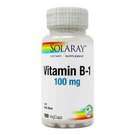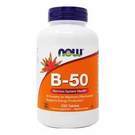Is Guillain-Barre a Vitamin Deficiency?
Vitamin B1 deficiency, sometimes known as beriberi, has sometimes been known to cause symptoms that are remarkably similar to Guillain-Barre Syndrome. In one case, a woman with severe dry beriberi was misdiagnosed with GBS, but then later (after not responding to conventional IVIG therapy) showed a complete recovery shortly after receiving intravenous thiamine (vitamin B1) treatments. Other patients previously diagnosed with GBS also have experienced improvement from their symptoms when given intravenous thiamine.There are three main kinds of vitamin B1 deficiency: dry beriberi, wet beriberi, and gastrointestinal beriberi. Wet beriberi symptoms usually present with heart-related problems, while gastrointestinal beriberi involves problems with the gastrointestinal system. Dry beriberi, which is the kind of vitamin B1 deficiency I’m going to talk about here, manifests in the form of neuropathy. Symptoms of dry beriberi include:
- Encephalopathy (brain swelling)
- Axonal injury leading to:
- Ataxia (loss of control over body movements)
- Areflexia (reduced reflex response to sensory stimuli)
- Muscle weakness
- Painful sensory experiences
- Sensorimotor polyneuropathy
- Impaired acetylcholine transmission
- This can lead to the breakdown of communication between nerve cells (and muscle cells), a problem that lies at the root of Guillain-Barre Syndrome
- Pins-and-needles sensations
- Muscular atrophy
- Leg cramps/pain
- Partial paralysis of the eyes (in the case of Wernicke’s encephalopathy)
- Trouble walking/loss of coordination
These symptoms are very similar to the symptoms of Guillain-Barre Syndrome. Initially, people with mild thiamine deficiency may experience irritability, fatigue, appetite loss (and subsequent weight loss), poor memory, sleep disturbances, and discomfort or pain in the abdomen. These symptoms progress into those described above.
- Alcoholism/regular alcohol use
- A diet consisting of primarily white rice, white wheat flour, white sugar, and other highly processed carbohydrates (this describes the diet of the vast majority of Americans and people living in developed countries)
- Anorexia (the eating disorder, not the symptom)
- Hyperthyroidism
- Diarrhea (prevents absorption of thiamine)
- Liver disorders (these also can interfere with thiamine absorption)
Beriberi has not only been misdiagnosed as Guillain-Barre Syndrome, but has also been mistaken for a viral infection, pneumonia, typhus, or malaria infection. Some experts have noted that, in countries with a diet low in thiamine especially, the actual rates of beriberi may be much higher than reported due to widespread misdiagnosis. Americans and other westerners are not exempt from this group, and in fact fit it perfectly since the normal western diet is extremely low in foods that contain thiamine. Thiamine is out of the body after 12 hours, so regular consumption is necessary to avoid low levels on the verge of deficiency, or actual deficiency itself.
One doctor also observed multiple cases of POTS (postural orthostatic tachycardia syndrome) following vaccination with the Gardasil vaccine in adolescents who were otherwise in good health prior to vaccination. In each of these cases, the adolescents with POTS were noted to be deficient in vitamin B1, and after supplementation with thiamine, they regained their health. The same doctor believes that, perhaps, the additional stress placed on the body after receiving a vaccination may lead to increased requirements for thiamine, which, when the body doesn’t have enough thiamine to perform these functions, may result in symptoms of beriberi that resemble GBS, POTS, or other disorders.
In the case that a person should be diagnosed Guillain-Barre Syndrome, though, treatment of this suspected thiamine deficiency is simple: In all cases, patients should take supplements of vitamin B1 and/or receive intravenous administration/injections of this vitamin. Because thiamine deficiency often goes hand-in-hand with other B-vitamin deficiencies, a B-complex supplement or special intravenous mix of B-vitamins may be administered to not only correct the vitamin B1 deficiency but also other B-vitamin deficiencies that may be present. Early treatment with vitamin B1 is essential in order for a person to make a full recovery and to not suffer any long-term neurological complications.
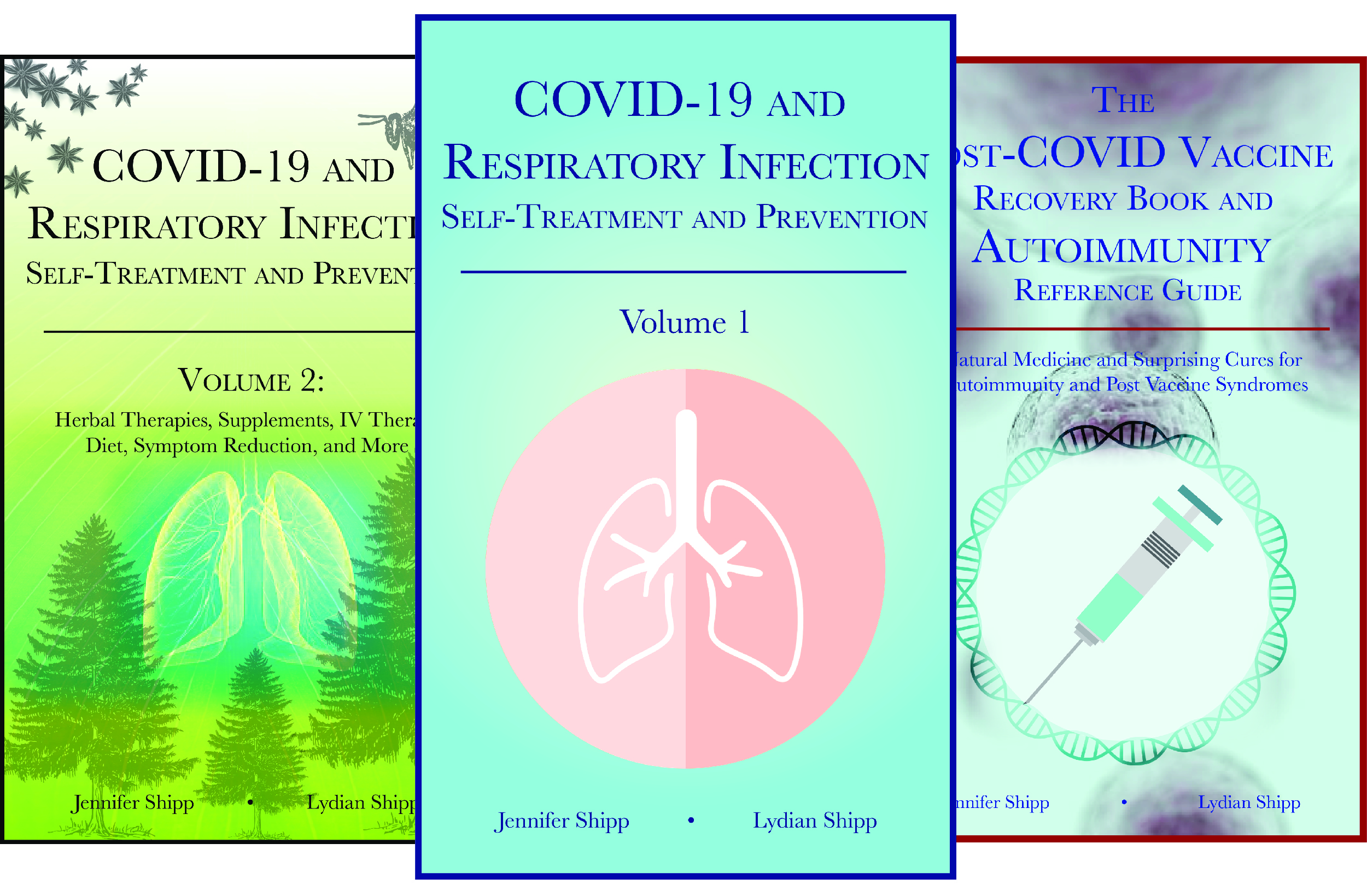 COVID-19 and Respiratory Infection Self treatment and Prevention BUNDLE - Volumes 1, 2, and 3
COVID-19 and Respiratory Infection Self treatment and Prevention BUNDLE - Volumes 1, 2, and 3
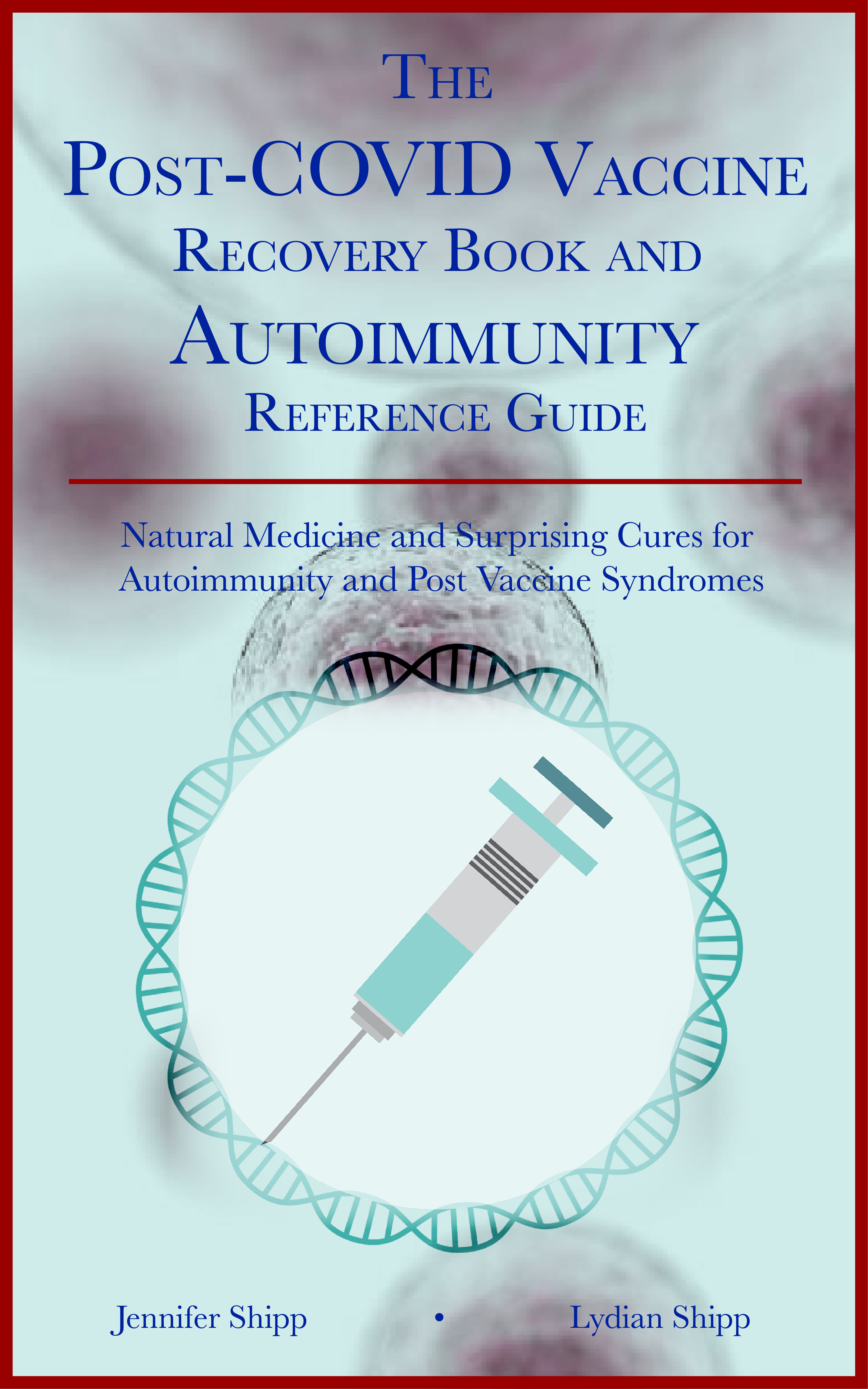
The Post-COVID Vaccine Recovery Book and Autoimmunity Reference Guide
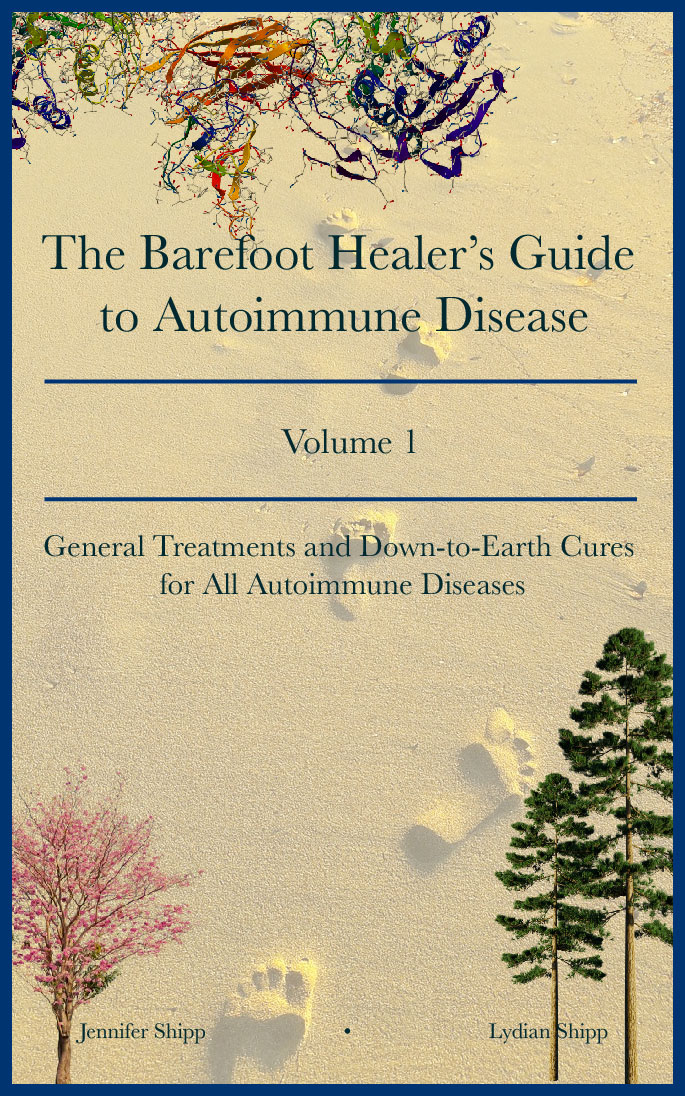
The Barefoot Healer's Guide to Autoimmune Disease, Volume 1 - BUY HERE!
 Related Posts:
Related Posts:
Resources:

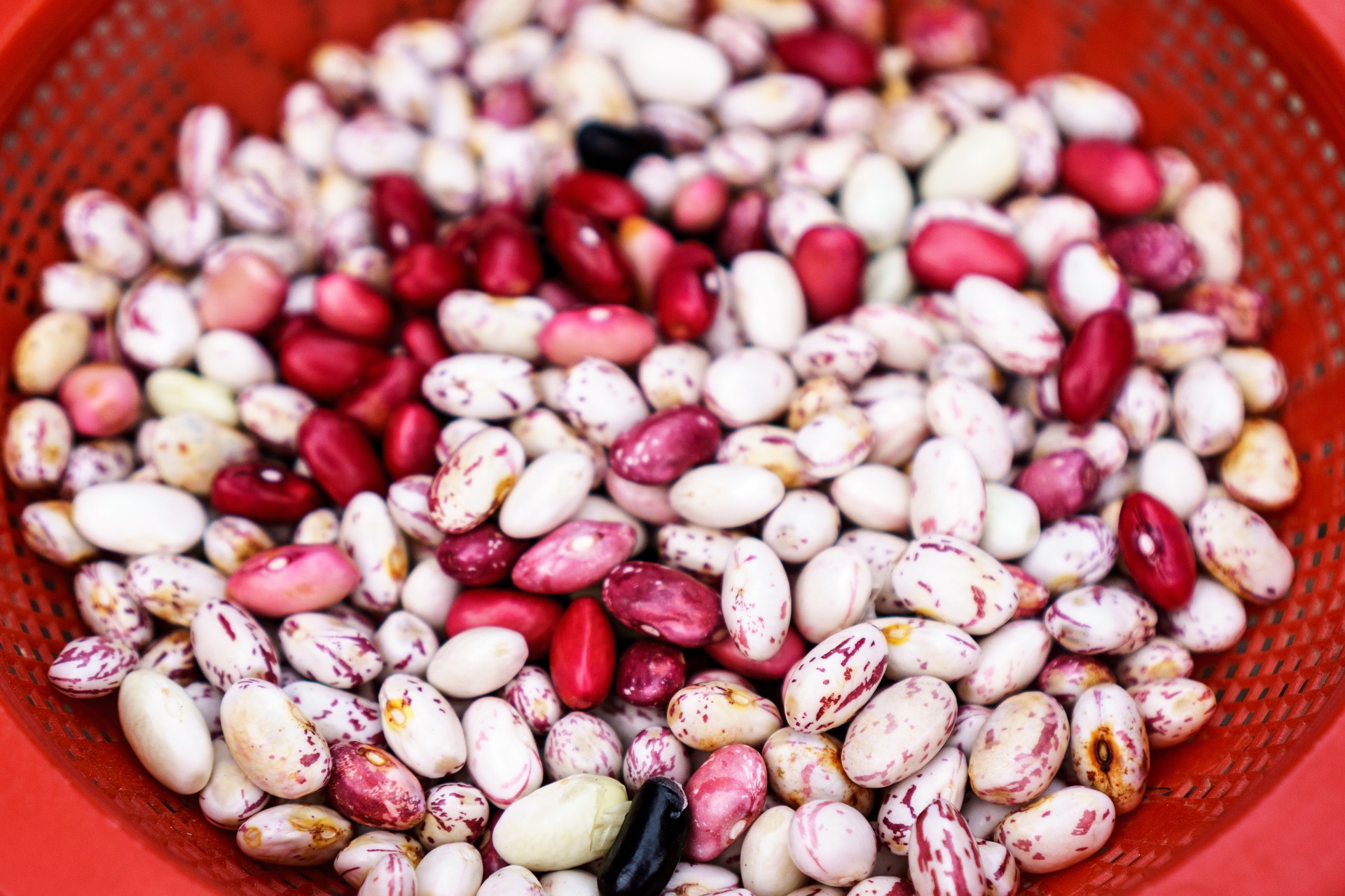 Beans, lentils, sunflower seeds, natural yogurt, nuts, and green peas, are all good sources of vitamin B1 (thiamine).
Beans, lentils, sunflower seeds, natural yogurt, nuts, and green peas, are all good sources of vitamin B1 (thiamine).